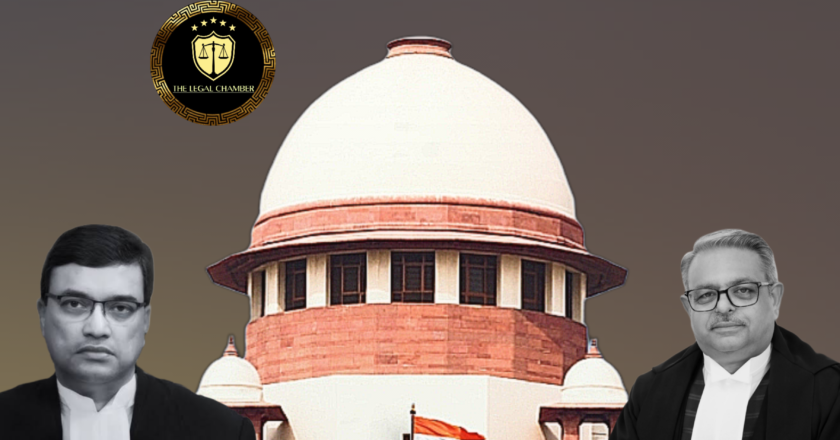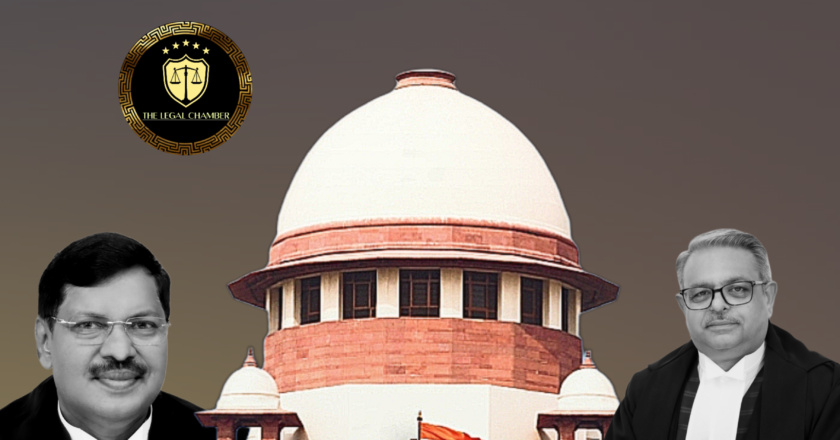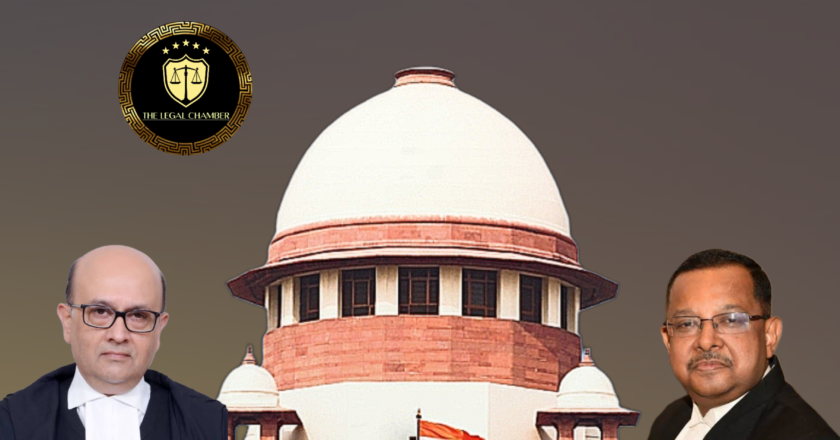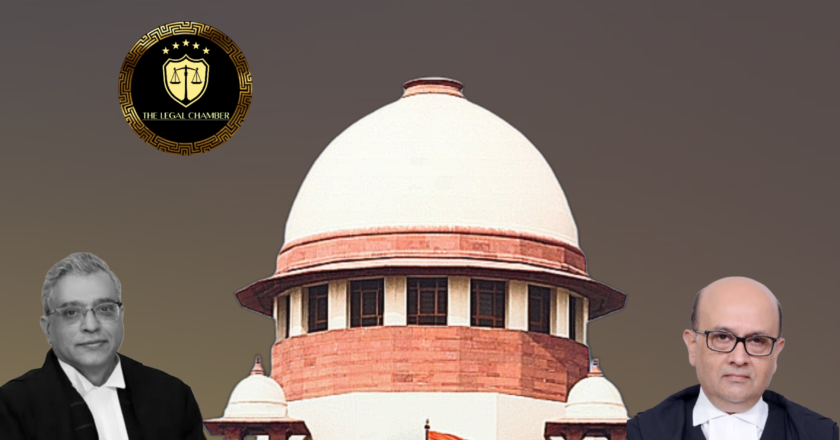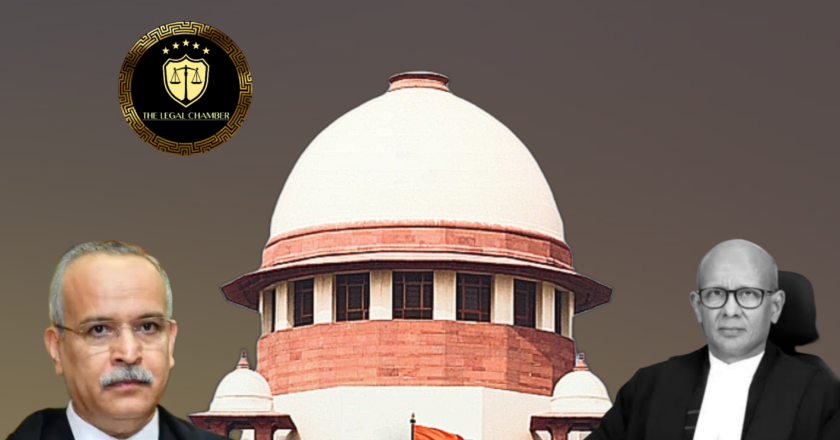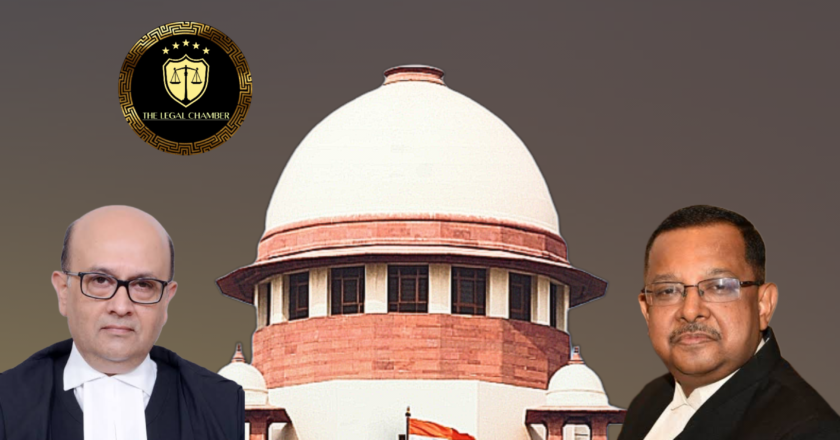Mere Use of Word “Arbitration” Doesn’t Bind Parties: Key Business Contract Lesson from Supreme Court
The Supreme Court held that Clause 8.28 did not constitute a valid arbitration agreement under Section 7 of the Arbitration and Conciliation Act, 1996. The clause lacked essential attributes, such as finality and a binding decision by a neutral tribunal, as it ultimately permitted parties to seek remedies in civil courts if unresolved.
Facts Of The Case:
The appellant, M/s Alchemist Hospitals Ltd., entered into a Software Implementation Agreement with the respondent, M/s ICT Health Technology Services India Pvt. Ltd., on 1st November 2018 for upgrading its hospital-information software. Following implementation, the appellant alleged persistent technical failures and operational issues with the respondent's "HINAI Web Software," leading to the system being rolled back i...
